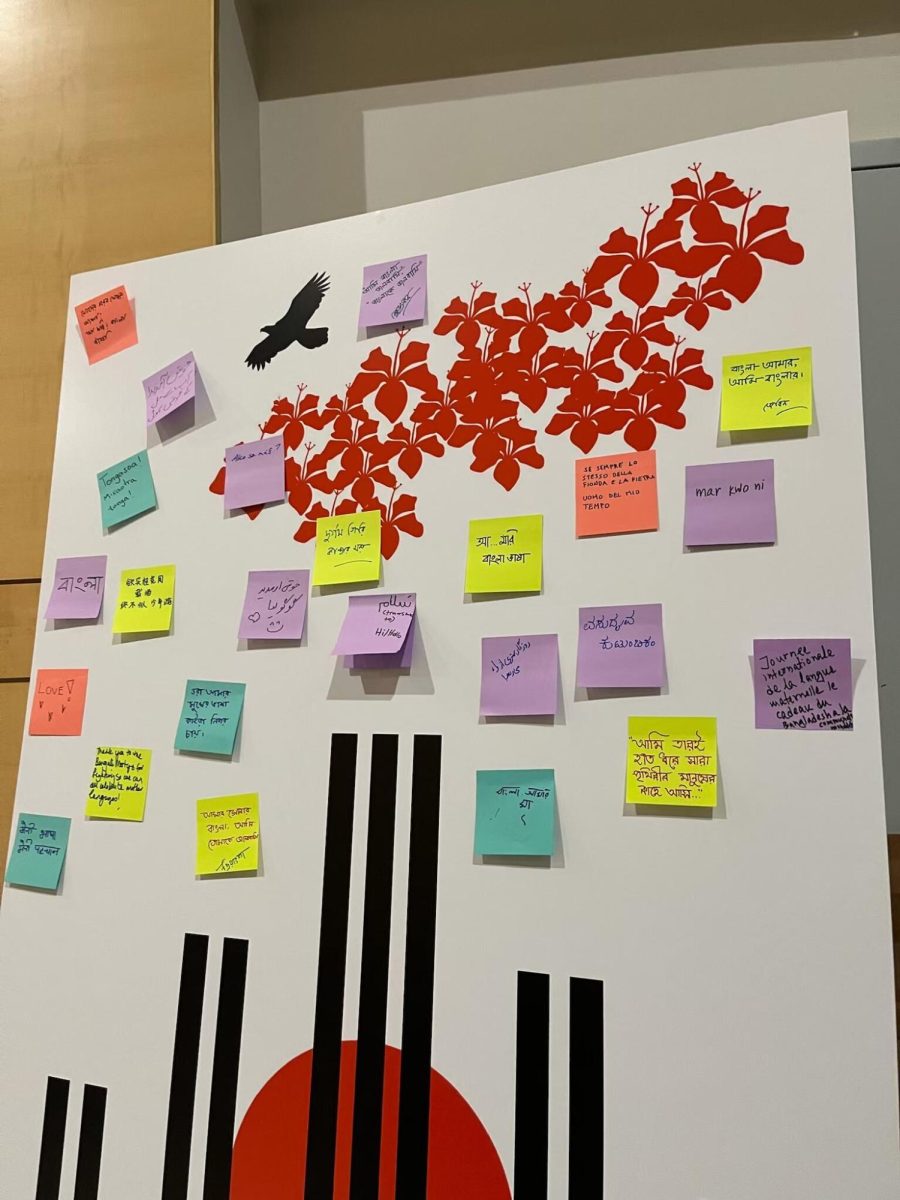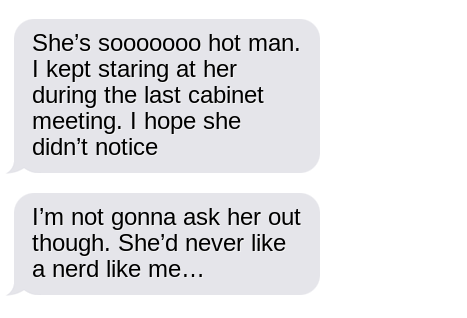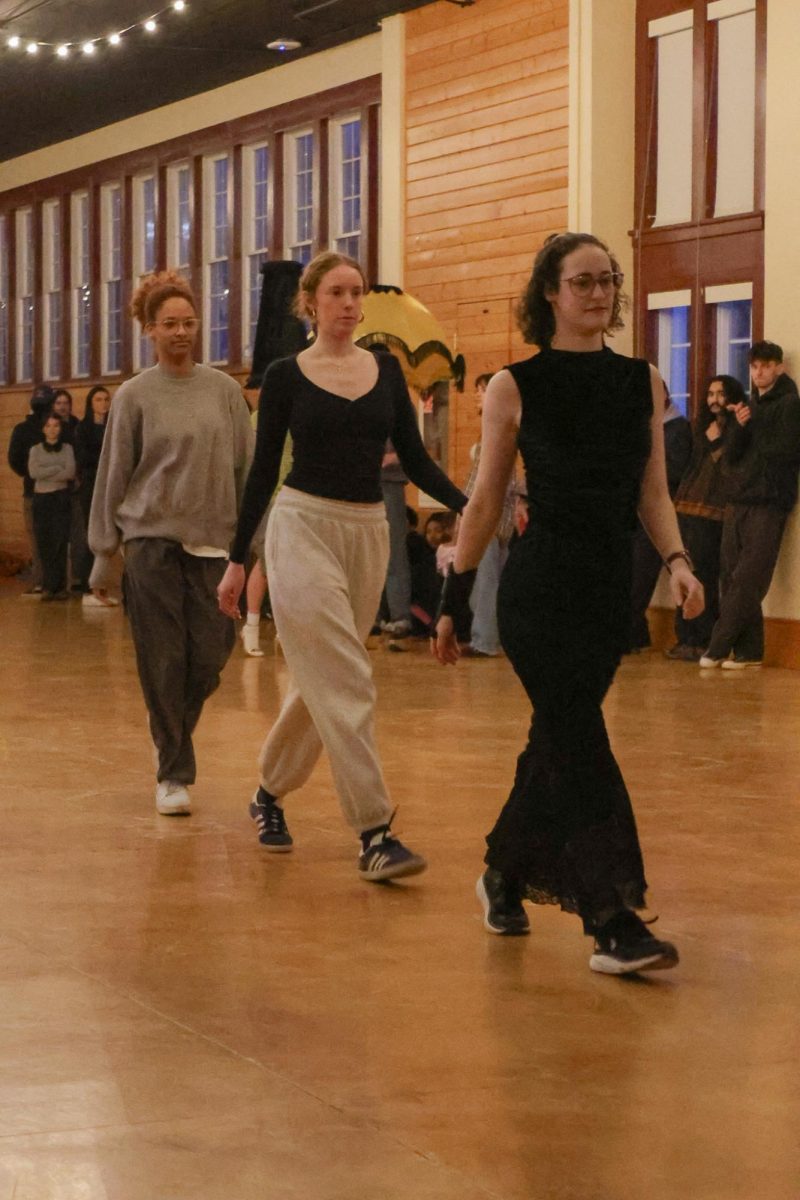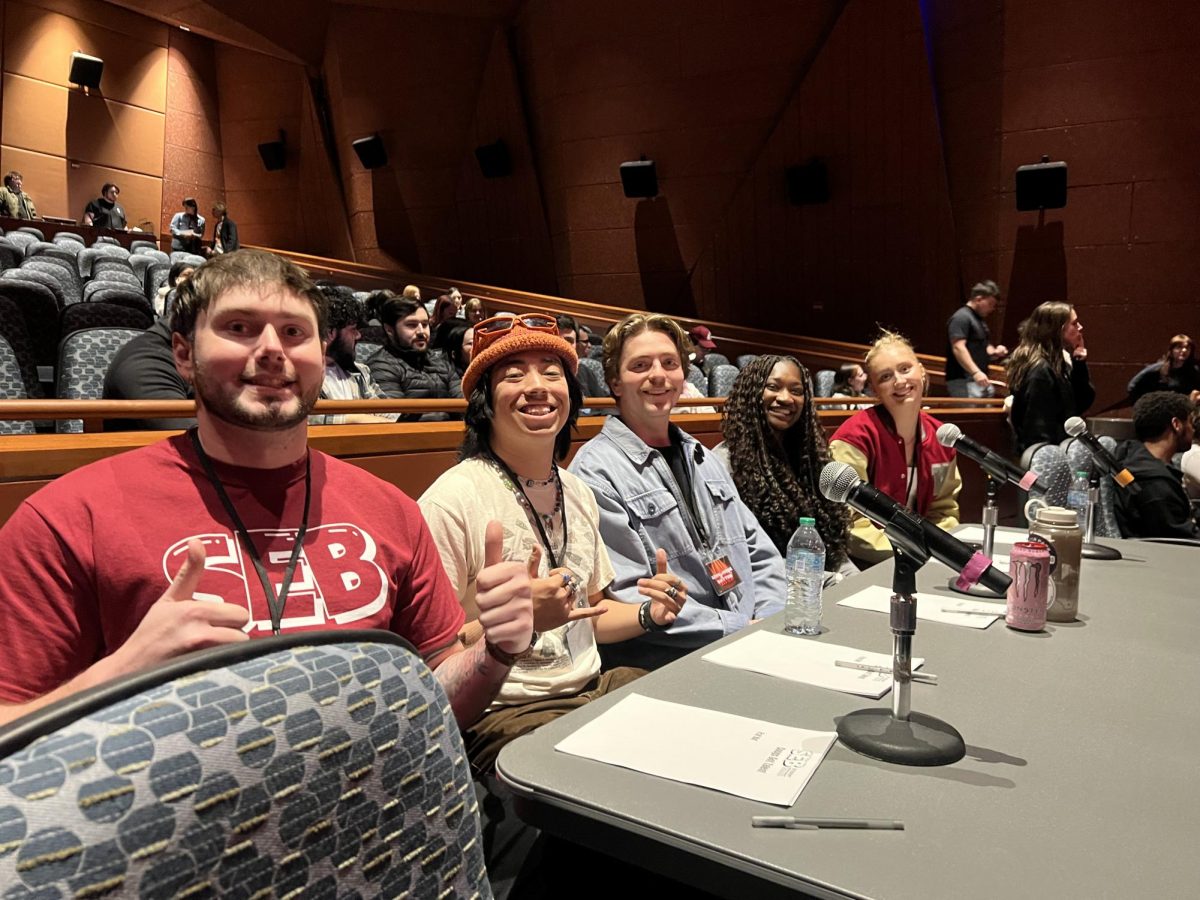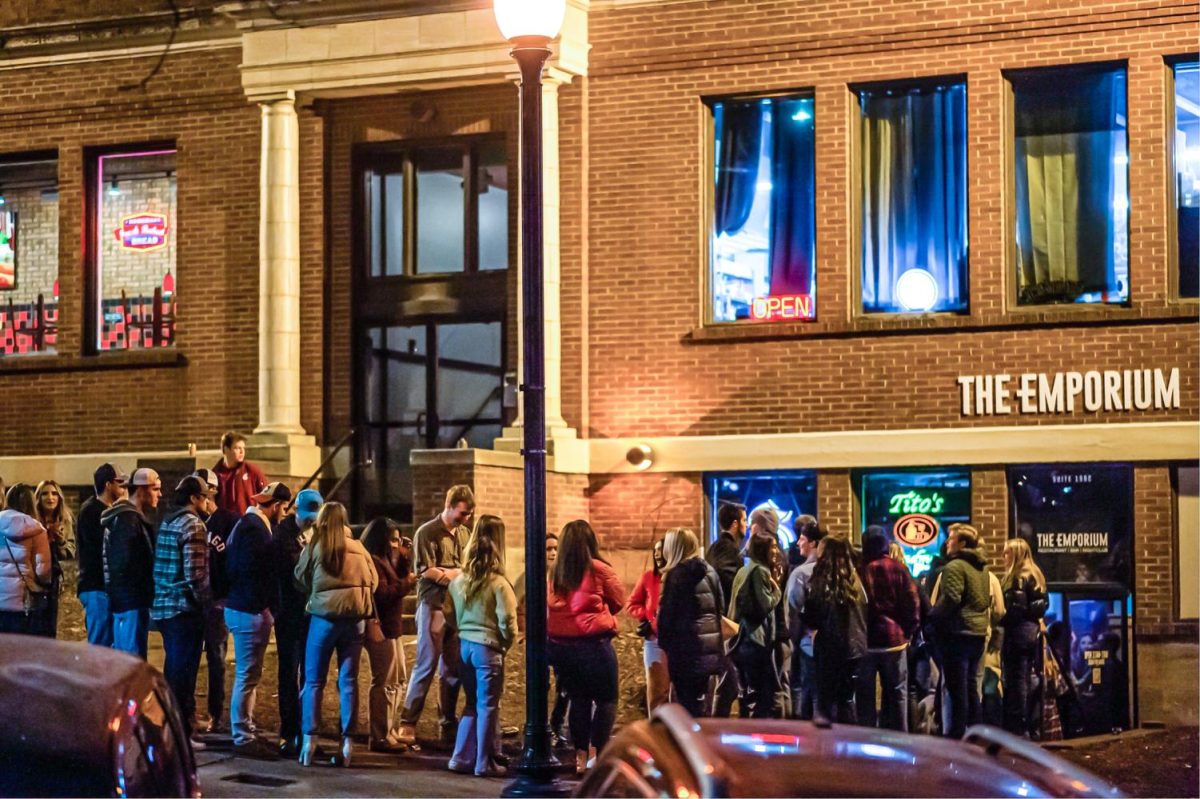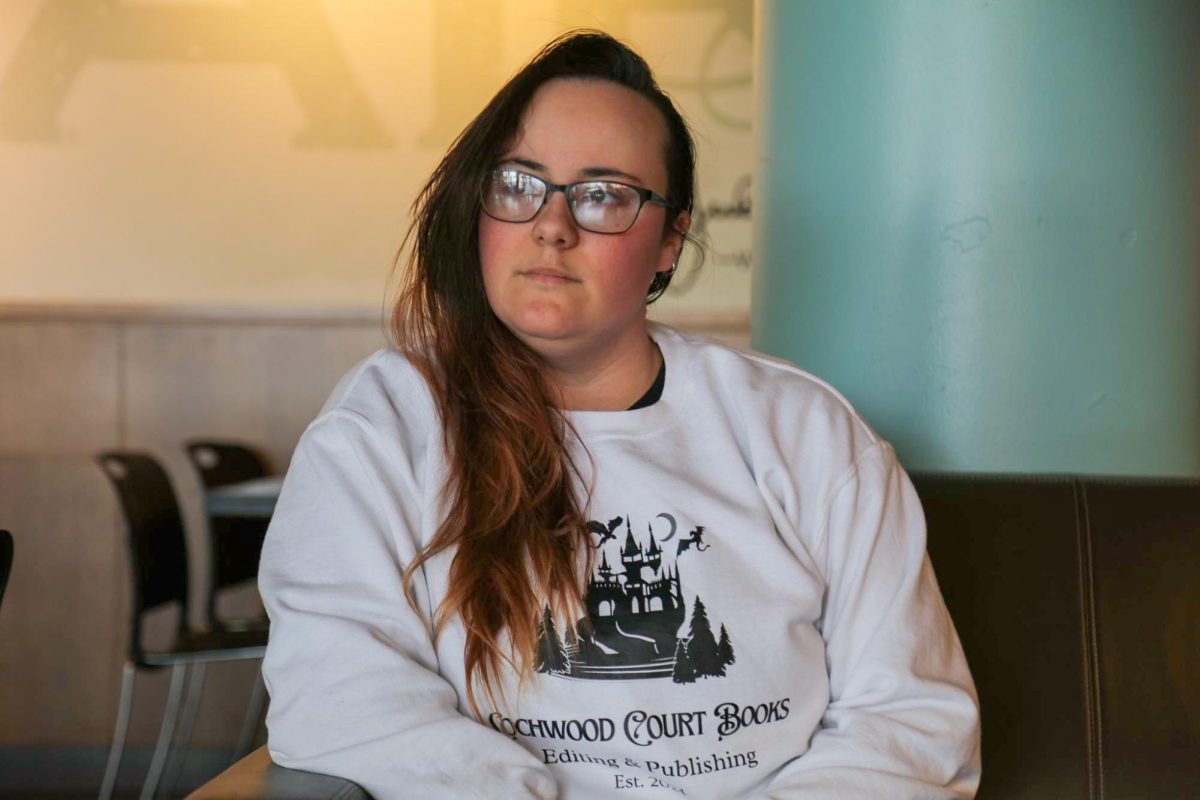The Association for Bangladeshi Students and Scholars and the David G. Pollart Center for Arts and Humanities hosted International Mother Language Day celebration on Feb. 21 at the Kimbrough Music Building.
Various languages were spoken at this year’s event, totaling 16, almost double the number from last year. Languages included Bangla, Tamil, Sinhala, Kannada, Nepalese, Panjabi, Pashtun, Urdu, Spanish, Ukrainian, Russian, Persian, Gilaki, Malagasy, French and Turkish.
Guests were invited to arrive at 5 p.m. to socialize and enjoy a snack bar that featured dishes such as veggie samosas, veggie pakoras and gulab jamun, a confectionery dessert.
ABSS President Mohammad Mezbah Ul Hoque, a doctoral student in biosystems engineering, opened the event with a historical introduction about International Mother Language Day and acknowledged the martyrs who gave their lives for the Bangla language. The ABSS is dedicated to linguistic and cultural unity at WSU.
“Language is the most beautiful thing humans have invented,” Hoque said.
Chris Dickey, director of the DGPCAH, and Sara Nicole Brock worked closely with the ABSS to organize the cultural and language event. Brian Shuffield, WSU’s student engagement services director, helped the ABSS with budgeting and managing funds.
The event planning committee included Hoque; Vice President Tazin Rahman; treasurer Nishad Muhammed; communication secretary Redwan Ahmad Khan; and general secretary Suvankar Saha.
This group collaborated to plan the event, reached out to registered student organizations on campus and invited people to perform. India has 746 languages and 22 state languages.
“If we could not express ourselves to one another, what would we be?” Hoque asked. “Nothing.”
International Mother Language Day was approved as an international holiday in 1999 by the United Nations Educational, Scientific and Cultural Organization. Feb. 21 is observed around the world as a holiday celebrating culture and language.
Hoque said hearing languages like Malagasy for the first time was emotional and demonstrated the power of sharing culture and language. He is proud that the organizers achieved their goal of increasing participation this year.
“This is a cultural program, but this is more focused on linguistic diversity,” Hoque said.
Nishad, Rahman and Hoque are proud of the event they planned, calling it a bittersweet moment as they will graduate in the fall and will no longer be involved in the ABSS. Elections for the ABSS committee will be held in April.
Rahman said he was pleased with the venue, as performers were able to dance and sing on stage. The Kimbrough Music Building had a stage and piano, unlike previous years when the event was held in a classroom-style space at the Chinook.
Hoque acknowledged the Shaheed Minar, an International Mother Language Day monument in Bangladesh that portrays a mother hugging her child, symbolizing a sacrifice made for language.
“A mother lost her language for her children. A sun is behind it to show the rise of the new age,” Hoque said.
The monument has been torn down and reconstructed many times because of conflict, but the current statue still stands today. There are replicas and memorials for International Mother Language Day across the world, including in California and Michigan, Hoque said.
Growing up, Hoque became curious about language after watching Voces Inocentes, a Spanish movie about the Salvadoran Civil War. He enjoyed the film even before he understood the language.
“That was the first time I fell for a language,” Hoque said. The movie is now one of his all-time favorites.
“It is not an event of only Bangladeshi people, it is a global event. It is a call for action for the suppressed,” Hoque said.
Feb. 21 is observed around the world as a day to celebrate language diversity and culture. Through music, poetry and dance, the ABSS and DGPCAH brought together a diverse community that honored the power of language.


